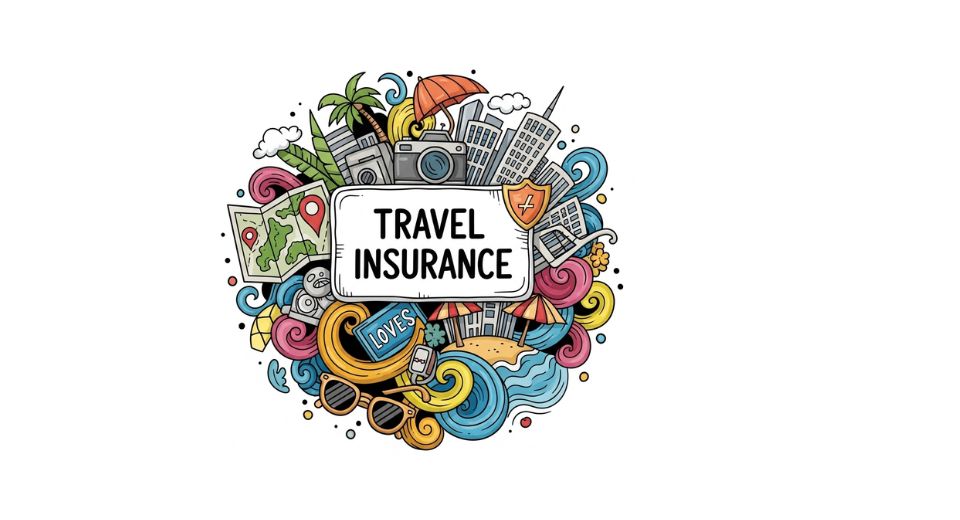
Jun 09, 2025

The latest report from Metastat Insight provides insights on how different forces are moulding the Global Travel Insurance Market, a sector that is still evolving in response to the dynamics of contemporary mobility. Travel insurance, previously seen as an extra for wary tourists, has increasingly become a considerate addition to trip planning for a wider set of consumers. As patterns of global travel are changing, the expectations for protection, accessibility, and reliability have become more complex. Now, travel insurance is integrated into the decision-making process not only for distant travel, but also for routine and regional trips, which is an apparent change in the perception of protection when it comes to individual mobility.
Whereas previously people usually purchased insurance at the eleventh hour or as an afterthought, contemporary travelers are more conscious in their efforts to mitigate risk. The concept of protecting one's travel arrangements has progressed from being reactive to proactive. For work or recreation, individuals are more and more considering the potential disruptions that may occur and are choosing services that provide not only financial protection but also logistical assistance. This shift has resulted in a more sophisticated appreciation of policy architecture, coverage conditions, and provider stability.
Central to this shift is the broadening universe of policyholders. The Global Travel Insurance Market is no longer characterized by a limited base of high-income overseas tourists. Rather, it is an array that includes solo travelers, students, business travelers, and family vacationers, each with expectations and risk profiles of their own. The industry has countered with the ability to customize products so that individuals can match their policy coverage with the precise character of their journey. This has made travel insurance more accessible, less formal, and more personalized.
Yet another layer that's shaping the market is how policies are bought and accessed. With the rise of online bookings of travel, insurance offerings tend to be packaged with transport or lodging services. This bundling strategy has enabled insurers to be better positioned at the point of sale and more integrated within the travel process itself. It has, in turn, prompted customers to investigate possibilities that they may have otherwise ignored. The digital experience everything from apps on their mobile to self-service platforms has also introduced an element of convenience and instant gratification that is in tune with contemporary traveling behavior.
With greater ease of access, the expectations of service standards have turned sharper. It is not enough for an issuer to merely print a policy; travelers now care about prompt communication, prompt claims settlement, and handy assistance in real time. This change in emphasis has led insurers to invest in processes that enable them to interact with their customers not only prior to trip, but also in the course of and after it. Rebooking of missed flights, retrieval of lost items, or coordination of emergency returns is nowadays often demanded as part of full coverage.
Market participants are also struggling to reconcile the demands for completeness of coverage with the needs for affordability. Most travelers desire peace of mind but do not want to pay for items that do not pertain to their trip. As a response, providers have rolled out modular policy designs that enable consumers to create their own coverage, omitting unnecessary elements yet maintaining essential protection. This personalization trend did not only enhance consumer satisfaction but also helped insurers simplify their offerings according to data and user patterns.
It is not possible to overlook the role that wider changes in movement patterns across the globe have played on the Global Travel Insurance Market. With passengers moving through different entry rules, healthcare standards, and logistical nuances, the function of insurance has widened to facilitate a more complexed journey experience. That encompasses more comprehensive health cover, help with documentation requirements, and localized assistance within unfamiliar territories. Insurance has not only started acting as a safety net but has also become an enabler, empowering travelers to visit places they may have otherwise avoided out of uncertainty.
The importance of trust within provider relationships has also become more prominent. When help is required, the insurer's responsiveness and believability are as important as the policy itself. Having the experience of being assisted promptly and efficiently can be the difference between a small annoyance and a huge disruption. This expectation of instant support, particularly across languages and time zones, has put new pressures on how insurers recruit and organize their customer service function.
Based on the Global Travel Insurance Market Report compiled by Metastat Insight, the industry continues to evolve with regard to the changing expectations of the traveler, regulatory environments, and technological aids. No longer is it defined by price or restrictions in coverage, but by the ability of the policy to be fully integrated into the act of travel itself. The capacity of insurers to address these subtle requirements with flexibility, speed, and reliability will increasingly shape the way the market functions. As individual and working mobility converge in novel ways, the travel insurance market continues to be a constant presence, shaping itself not to sweeping trends but to the particular and pragmatic needs of individuals who are perpetually on the move.
Drop us an email at:
Call us on:
+1 214 613 5758
+91 73850 57479